



By engaging esteemed scholars to address these issues, the project seeks to offer comprehensive perspectives, fostering a more informed and nuanced discourse. Ultimately, the project enhances young people’s understanding and involvement with their religious values, benefiting both themselves and their wider communities.
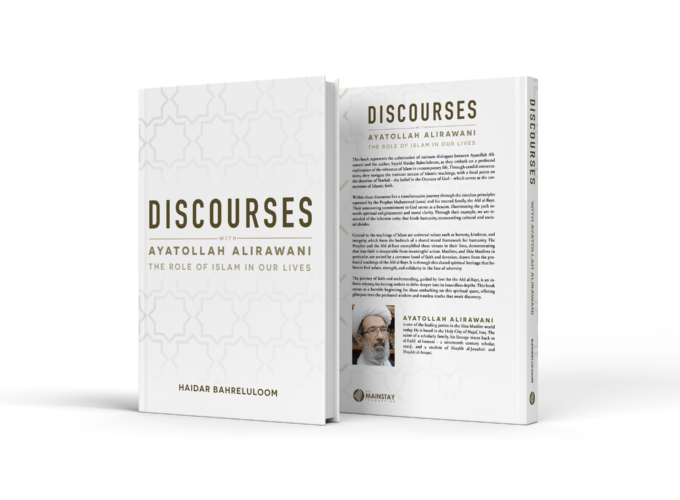
Discourses is a candid dialogue between Ayatollah Al-Irawani and Haidar Bahreluloom, delving deep into sharing what Shia Islam stands for today. This dialogue provides a transformative journey through the teachings of Shi’a Islam, with the concept of Tawhid – the belief in the Oneness of God – at its center.
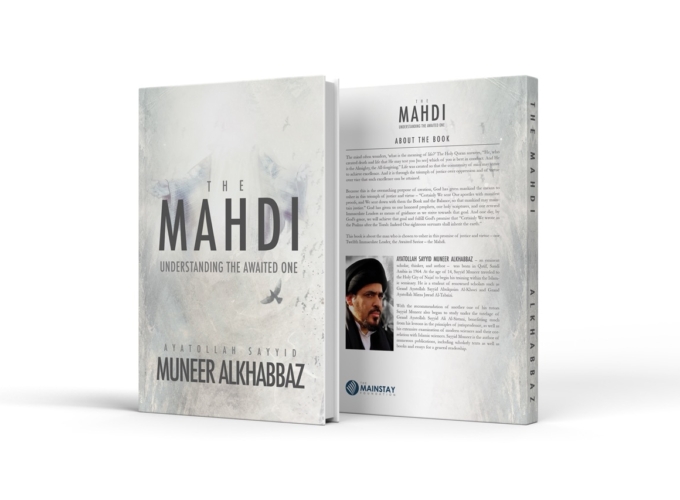
The mind often wonders, ‘what is the meaning of life?’ The Holy Quran answers, “He, who created death and life that He may test you [to see] which of you is best in conduct. And He is the Almighty, the All-forgiving.” Life was created so that the community of man may strive to achieve excellence. And it is through the triumph of justice over oppression and of virtue over vice that such excellence can be attained.
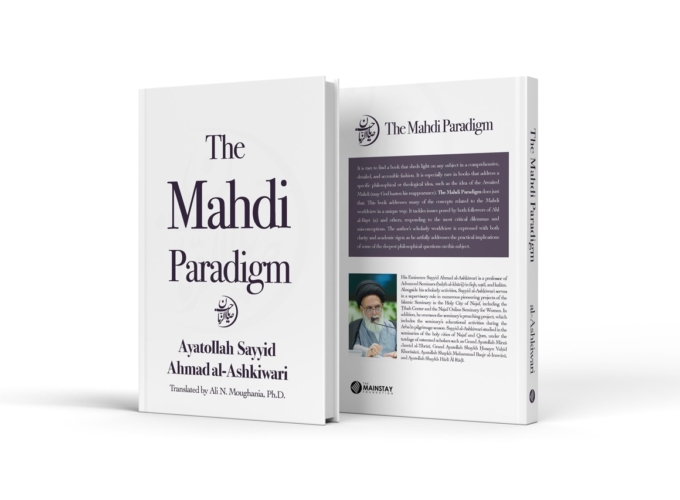
It is rare to find a book that sheds light on any subject in a comprehensive, detailed, and accessible fashion. It is especially rare in books that address a specific philosophical or theological idea, such as the idea of the Awaited Mahdi (may God hasten his reappearance).
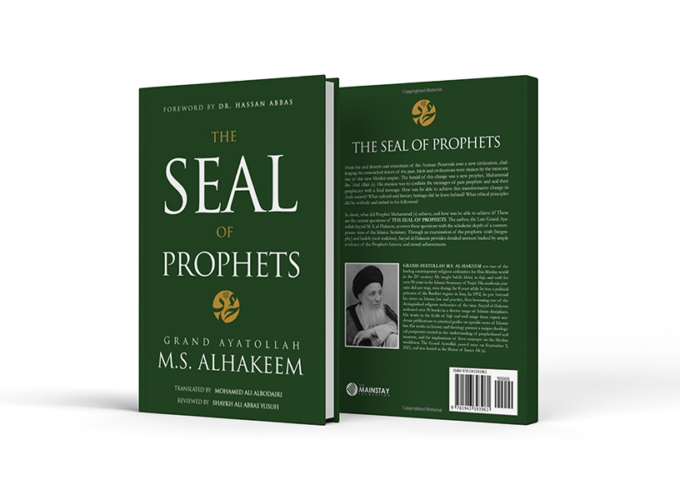
From the arid deserts and mountains of the Arabian Peninsula rose a new civilization, challenging the entrenched forces of the past. Idols and civilizations were shaken by the meteoric rise of this new Muslim empire.
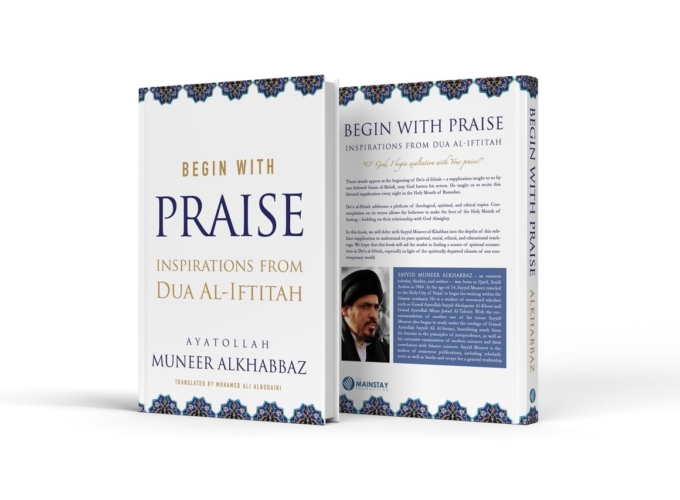
“O’ God, I begin exaltation with Your praise!” Those words appear at the beginning of Du’a al-Iftitah – a supplication taught to us by our beloved Imam al-Mahdi, may God hasten his return.
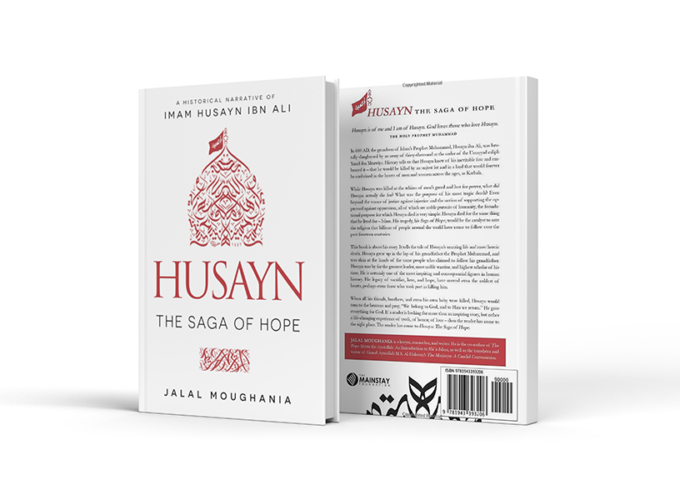
In search of truth, little did I anticipate that my journey would take me from Georgia, across oceans, all the way to the Fertile Crescent. Working through my misconceptions of the region, Iraq was transformed in my heart to a place of longing.
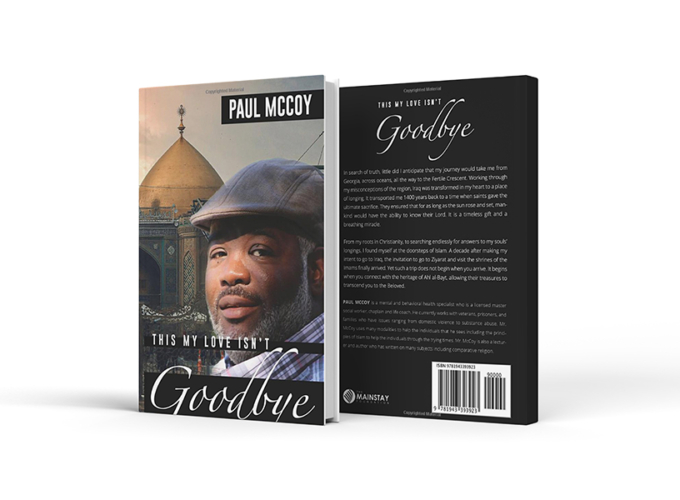
In 680 AD, the grandson of Islam’s Prophet Muhammad, Husayn ibn Ali, was brutally slaughtered by an army of thirty-thousand at the order of the Umayyad caliph Yazid ibn Muawiya.
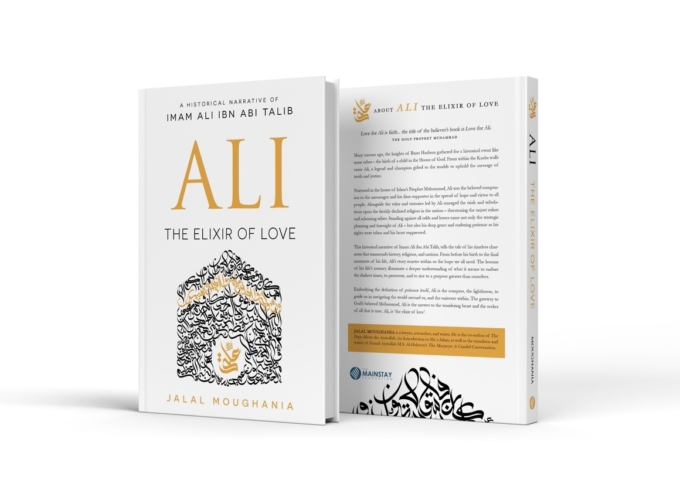
This historical narrative of Imam Ali ibn Abi Talib, tells the tale of his timeless character that transcends history, religions, and nations.
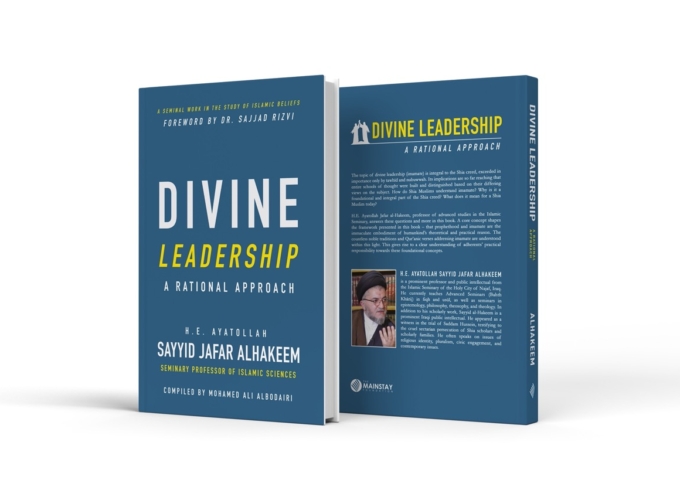
The topic of divine leadership (imamate) is integral to the Shia creed, exceeded in importance only by tawḥīd and nubuwwah. Its implications are so far reaching that entire schools of thought were built and distinguished based on their differing views on the subject.
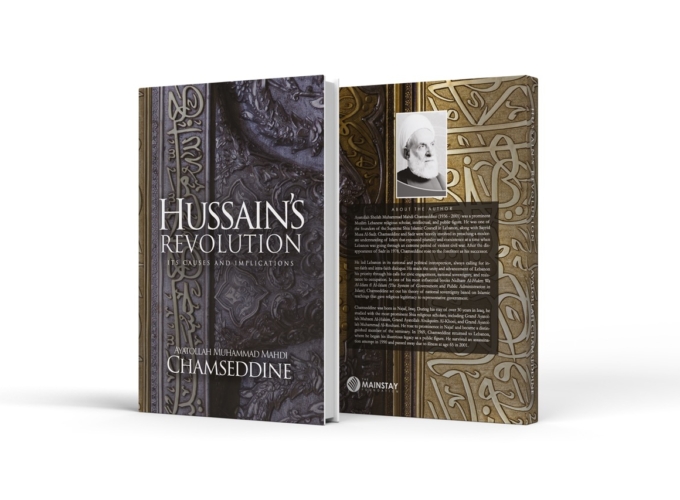
In The Tragedy of Karbala in the Popular Conscience, Ayatollah Chamseddine writes: The secret of this revolution is that it immaculately resonates in every heart and soul. Human affection and sentiment embraces the renaissance and revolution of Hussain without any kind of hesitation.
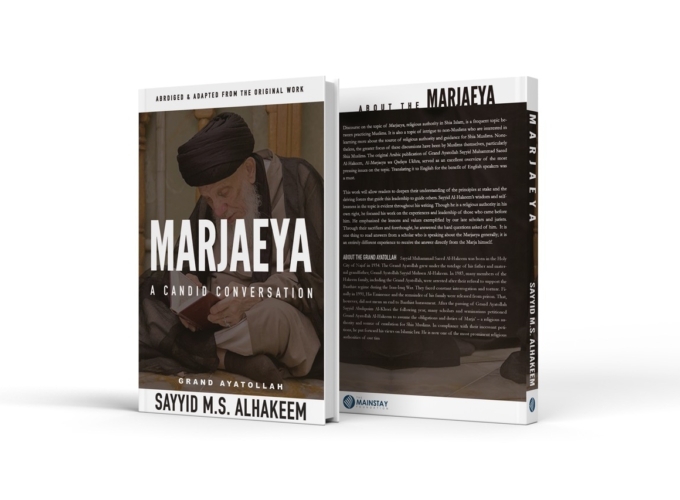
Discourse on the topic of Marjaeya, religious authority in Shia Islam, is a frequent topic between practicing Muslims. It is also a topic of intrigue to non-Muslims who are interested in learning more about the source of religious authority and guidance for Shia Muslims.
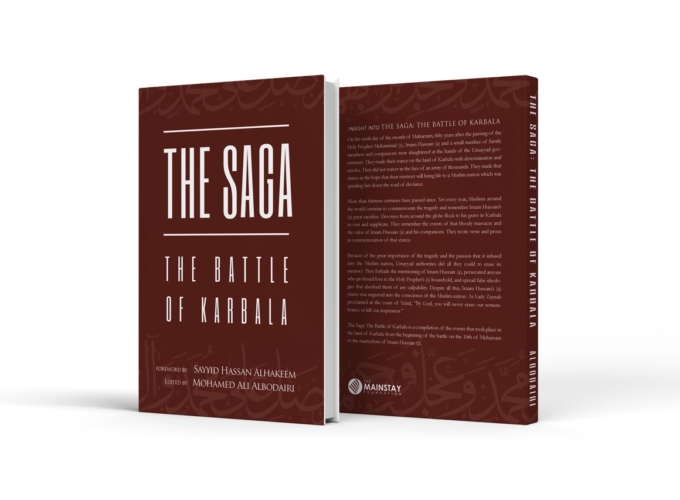
On the tenth day of the month of Muharram, fifty years after the passing of the Holy Prophet Muhammad (s), Imam Hussain (a) and a small number of family members and companions were slaughtered at the hands of the Umayyad government
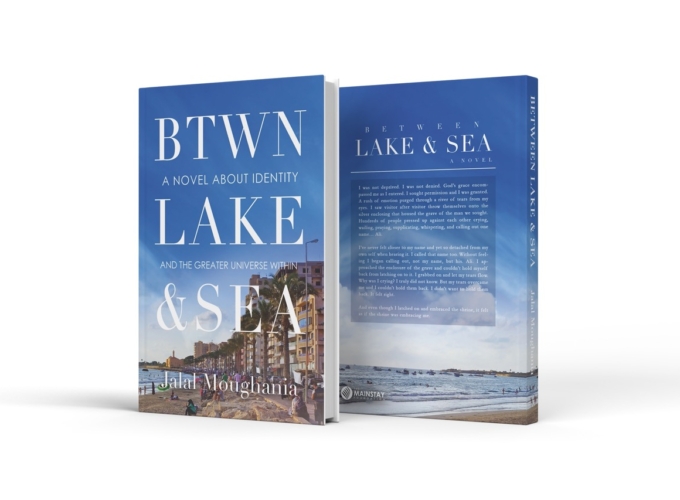
In Between Lake and Sea, Ali finds himself hitting rock bottom after waking up one morning on the grassy slopes of Hines Park. Growing distant from his family and falling into complacency, Ali needed something to change. To reconnect with his rich heritage, and rediscover his faith, 24-year old Ali travels to his father’s homeland of Najaf, Iraq.
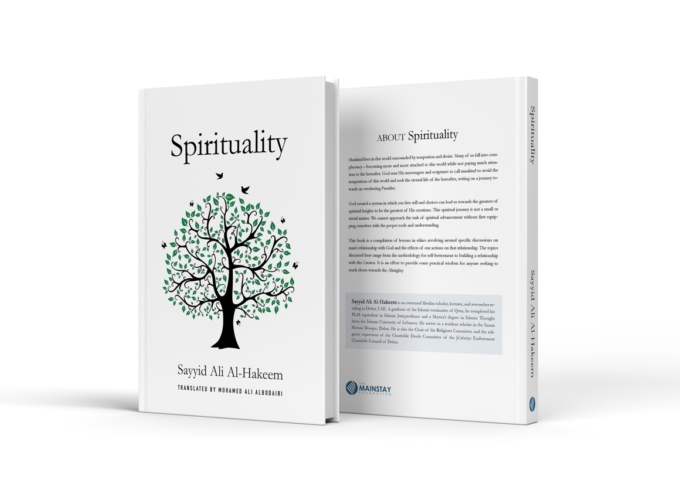
Mankind lives in this world surrounded by temptation and desire. Many of us fall into complacency – becoming more and more attached to this world while not paying much attention to the hereafter. God sent His messengers and scriptures to call mankind to avoid the temptations of this world and seek the eternal life of the hereafter, setting on a journey towards an everlasting Paradise.